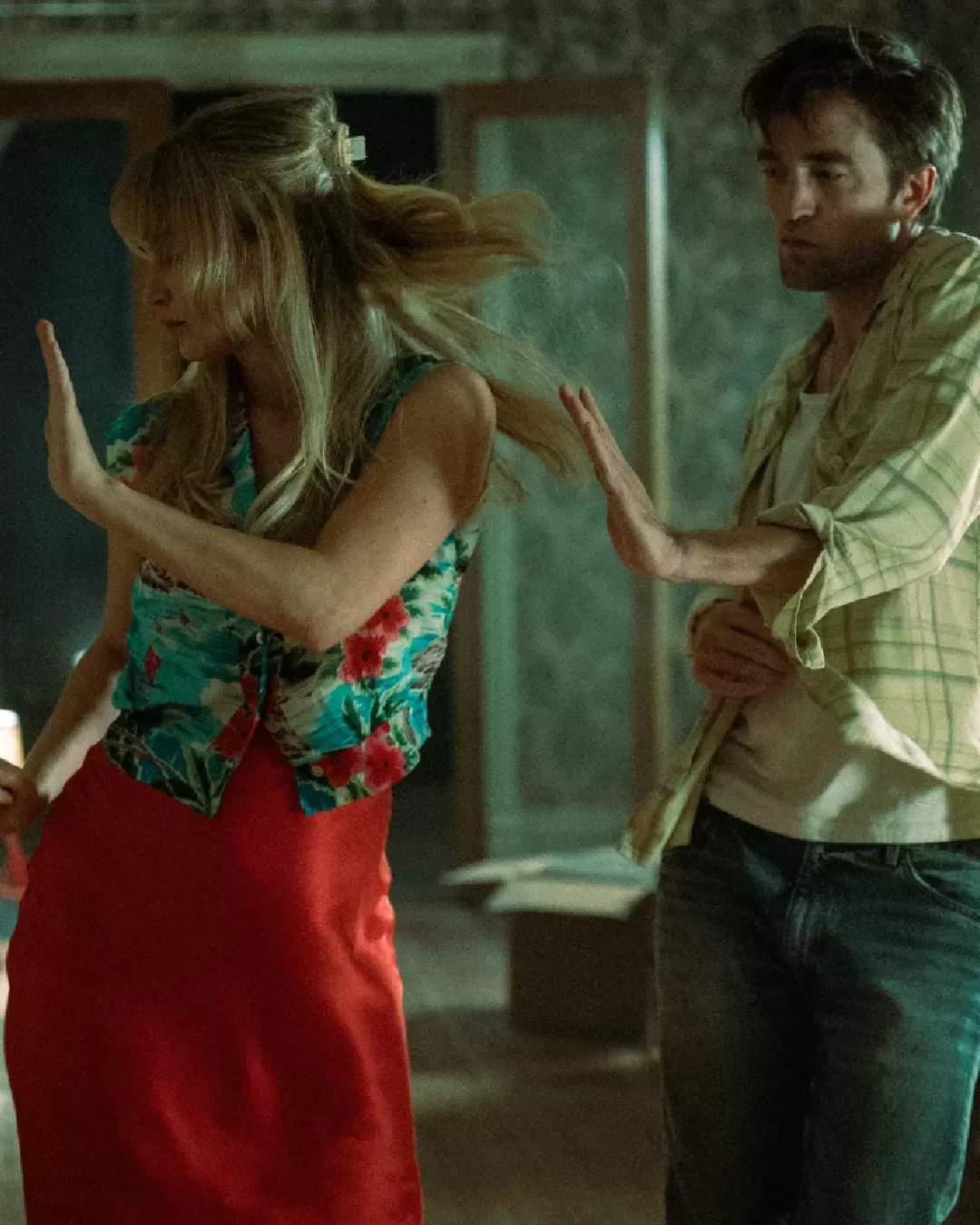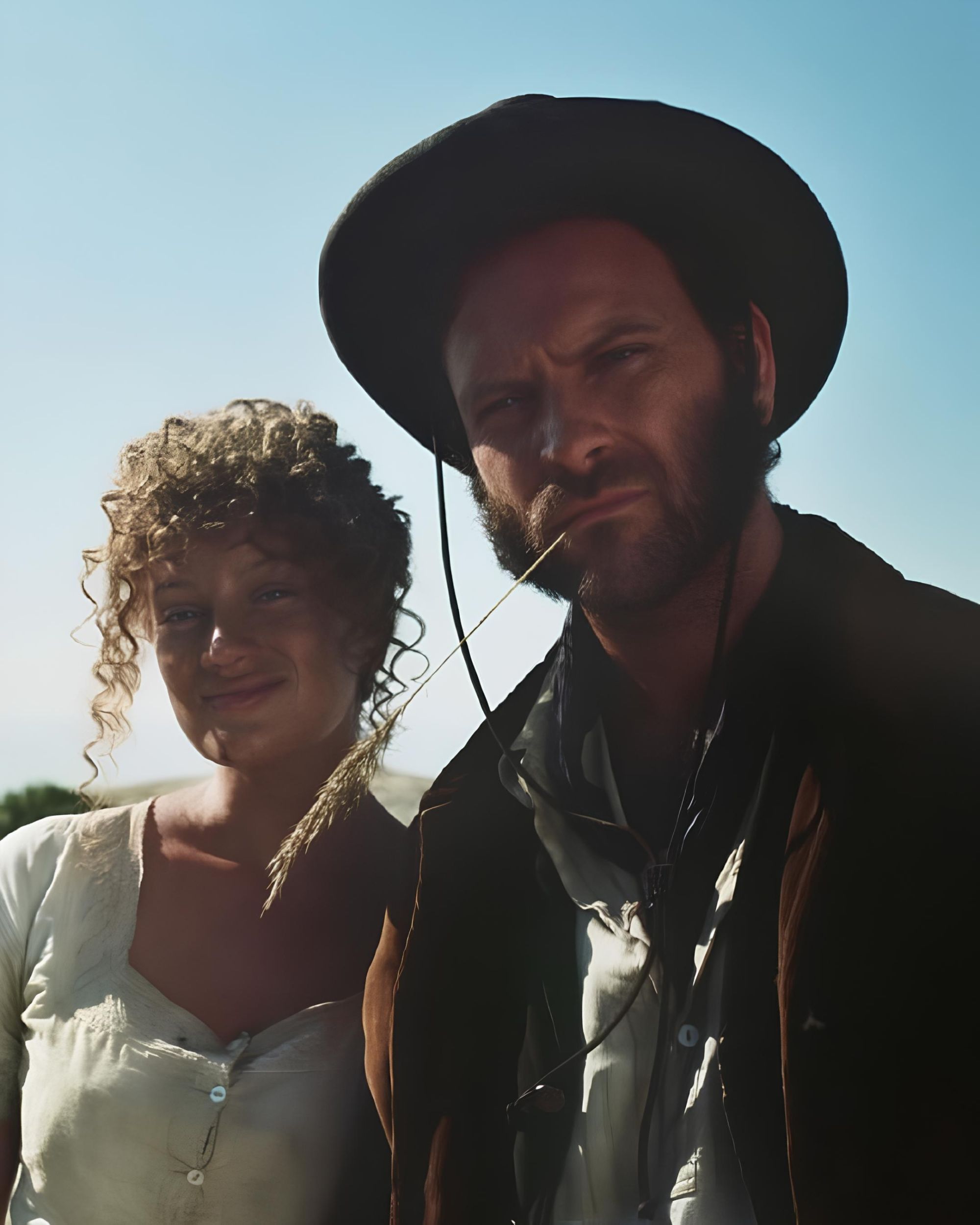
Sorrentino and the lost art of responding to criticism The best antidote to our chronic self-righteousness problem
Beyond the global connection and the spread of knowledge, one of the great revolutions of the Internet has been transforming the web audience into a huge crowd divided into organized factions. And when there is so much information and few certainties, it is easy not only to align uncritically or hypercritically with a side we chose because we liked it; but also to transform the realm of pop culture into a sort of Game of Thrones where you either win or die. Case in point, the recent Cannes festival where the only Italian film in competition, Parthenope by Paolo Sorrentino, did not receive any award: while the press stirred emotions with classic somewhat parochial tones; the not-so-generous reviews the film received were often not even read because, being contrary to one of the national monuments of Italian cinema, they could not be correct – it's the fault of the French, English, and Americans who don't understand, they are too intellectual, too snobbish... everyone has their excuse. Faced with the online debate, Sorrentino still showed himself to be very nonchalant, as usual, both by entering the theater at the end of the screening with the sly air that makes him so similar to many of his characters; and by commenting on his lack of victory by having himself portrayed as dead on the beach of Cannes with a quote from Stevenson as an epitaph: «Our task in the world is not to succeed but to fail in the best possible spirits». A humorous touch that shows how the director acknowledges the situation without drama or egotism but, on the contrary, with serene lightness – a case that lately, in the era of big and small beefs, has become a completely lost art.
The situation inevitably brings to mind another great Neapolitan filmmaker, Totò, who in a video dating back to 1969 that has resurfaced on social media thanks to @gentlemen_of_italy responds to the direct criticism of a journalist questioning the decline in the quality of his films with an elegance and grace that no longer seem of this world. Today, in fact, the rudeness and brazenness of both the public and artists on one side and the hyper-accessibility guaranteed by social media on the other significantly lower the quality of the debate. The result is to turn the discussion about a film or an album into an infantile contest of moral superiority: the basic counter-defense that Disney uses when the public complains about script issues and artistic choices outside the franchise's standards is to label fans as “toxic” (supreme example: the enormous disaster that Star Wars is today) clinging to empty virtue signaling; it is also very popular to completely deflect criticism without acknowledging what the critic is saying while artists often dodge from one topic to another saying that a certain film was made that way on purpose and so on.
What no one does, as Totò did in the video we mentioned before, is to admit not having produced their best work; to say they are not perfect or, from a dialectical point of view, to concede a minimum level of validity to the critics' theses. Important semantic note: nowadays, the concepts of "criticism" and "judgment" are always understood in a negative sense, criticism is an offense, the critic an adversary. Clearly, the problem is double-edged: on one hand, producers and directors have to defend themselves from criticism, on the other, many "critics" quickly turn into "haters" attacking actors and directors on personal issues, seriously insulting them beyond the goals of artistic criticism. And while both sides generalize and blame each other descending into pure partisanship, criticism ceases to focus on the artistic product and becomes a vehicle for petty personalism. The extreme division of the online debate prevents us from expressing nuanced evaluations where, say, a film works in some parts but not well in others – it must be liked or not. A collective cultural attitude that directors like Christopher Nolan and Zack Snyder have ridden. The former, responding to those who said his films lacked emotion, said: «I seem to be making films that serve as Rorschach tests», implying that if Dunkirk is not liked the problem is not with his work but with the audience.
Studio: *Releases bad movie*
— Stephen Ford (@StephenSeanFord) April 14, 2020
Audience: “Uh. This movie was bad.”
Studio: “THE TOXIC FANS. THEY RUINED THIS FRANCHISE.”
Audience: “Just make a good movie-“
Studio: “THEY MADE US LOSE MONEY. SO TOXIC. THIS WASN’T ANY OF OUR FAULTS WE MADE A MASTERPIECE IT’S THE FANS AND THEY
Zack Snyder, on the other hand, in response to those who said (rightly) that his Rebel Moon is disastrous, did not talk about his artistic choices, about what could have been done better but, shrugging his shoulders, said: «I don’t really have a rebuttal to the reviews. For whatever reason, the reaction to my movies is very polarizing, and it always has been. The movie, it doesn’t seem like there’s that much in it that would warrant such visceral responses» to those who criticized his Batman vs. Superman he instead said that many people «got brainwashed». In other words, a non-response. Even some time ago, the director of Squid Game responded, to a very casual comment by LeBron James who said he didn't like the ending of the series, with a curt: «If he has his own ending that would satisfy him, maybe he could make his own sequel. I’ll check it out and maybe send him a message saying, ‘I liked your whole show, except the ending.’». Recently, Ridley Scott has become the master of this type of response: when he was pointed out the thousands of historical inaccuracies in his Napoleon he replied with «Get a life». All responses that, in short, could have been humorous and light, could have been more detailed but sound petty, childishly resentful as well as not at all open to dialogue.
Faced with the criticisms made of Parthenope, Sorrentino has not yet publicly expressed himself, but the public has already started on Twitter (humorously) to give their opinion with a response that smacks of post-truth: «I will not read and will not accept criticism». The opinion, in short, is pre-formed: it is inconceivable that a great director makes a bad film (Sunday film buffs will always cling to their last and most desperate refuge: the photography) because they side with the artist regardless. But if this kind of factionalism is usually reserved for the public, more interested in “winning” the debate than in determining the truth through the debate, now even directors and more broadly artists, writers, singers, and producers have adopted the same approach of radical self-defense where the idea of not being perfect and unassailable is not acceptable. Fortunately, at least Sorrentino, with his usual laconic style, reminds us that it's not necessary to always win, but to know how to lose «in the best possible spirits».















































